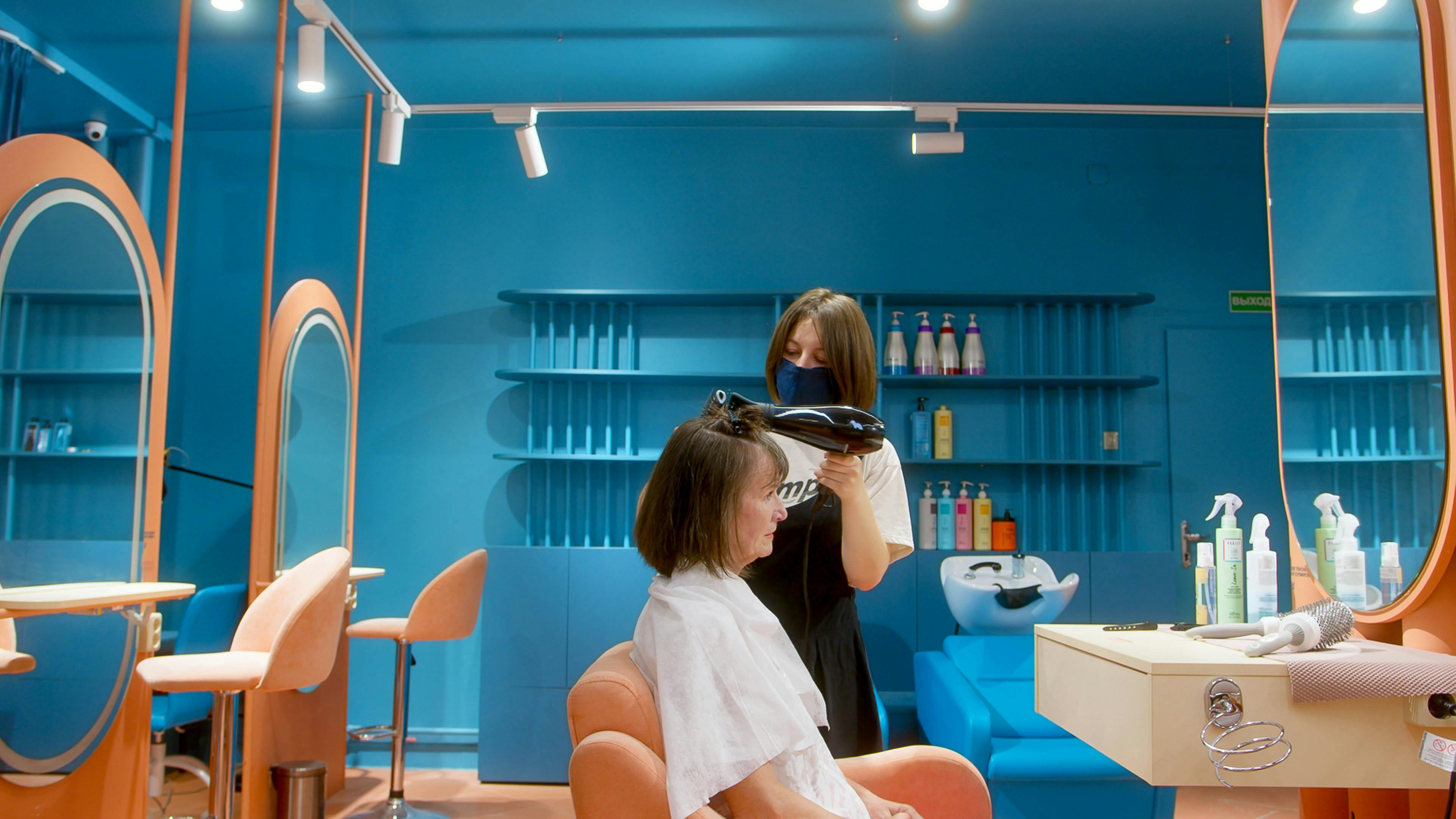Overview of the different types of facials
The skin on your face can be subject to significant damage due to stress and environmental factors. Facial treatments can be an effective defense against the tell-tale signs of aging. Learn about the different treatment options available to determine which one suits your needs and wants. This pampering process can use a variety of different products to deliver different results. Depending on where you go, the person administering the procedure will use different products and techniques.
Clinical or traditional
These types of facials involve an initial consultation with a trained therapist who evaluates your skin first to determine the best course of treatment. The professional will be able to discern the individual needs of each patient before recommending a prescription procedure that will help solve problems such as pH balance, dryness, oiliness, exfoliation or rejuvenation. Two common facials are deep cleansing and balancing treatments. With a deep cleaning, the therapist will perform a deep cleaning of the face to unblock the pores. With balance, a face with dry and oily patches will receive a gentle but thorough cleansing to resolve problems.
Anti-aging
When the visible signs of aging begin to appear, some people begin to get facials to combat wrinkles and sagging. These procedures involve the use of massages, which stimulate important muscles in the face. Massage also helps firm loose skin. Some clinics call this process “roulage,” which is a French word for lift and roll. After a firm massage, it improves blood flow and oxygenation of the skin, which can cause a visible tightening. Massage also helps the skin absorb special anti-aging products and solutions, administered during the procedure.
Microdermabrasion and exfoliation
Dull or uneven skin could benefit from brightening facials, also known as microdermabrasion. During the exfoliation process, the therapist removes dull, dead cells from the surface of the face. An exfoliation tool removes fine lines, wrinkles, light scars, and areas of pigmentation. The tool can also reduce the size of pores. Treatment also usually includes the application of a cream that improves tone and appearance. A hydrafacial is a special type of exfoliation process designed for sensitive skin. After cleansing and exfoliating, the professional applies a special acid peel that will remove all impurities. A suction device sucks up the chemical, which also cleanses the pores. Special moisturizers are applied after the cleansing process to hydrate.
Advice and suggestions
Before proceeding with any treatment, the therapist should test all of the products first to ensure that you do not have an adverse reaction to the chemicals. Ask questions about the process if you have any doubts about what you need or want. A facial should target specific concerns and problems to help improve tone and firmness. Once finished, you should leave the spa with your skin feeling and looking noticeably better. Most people also feel relaxed and rejuvenated after this pampering process.
Explore the different options available to determine which type you think you want to have. After learning all the details, speak with a professional to schedule this refreshing experience.
